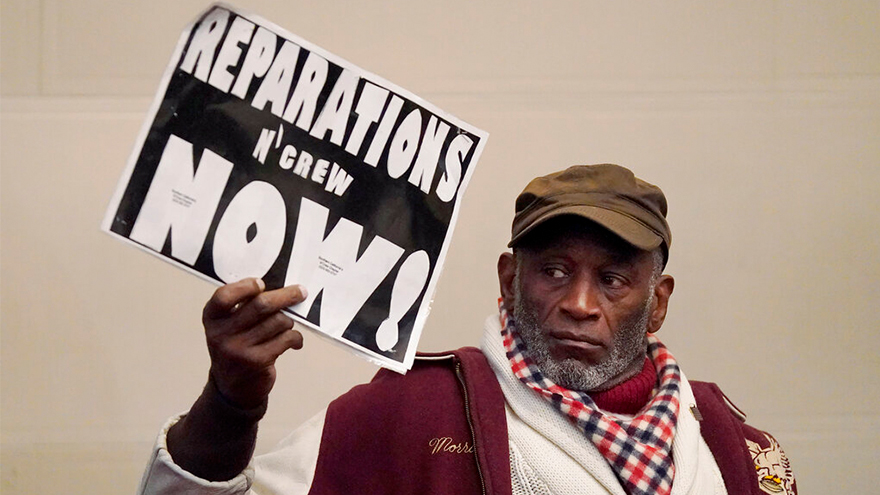California’s Task Force to Study and Develop Reparation Proposals for African Americans has voted to approve recommendations on how the state may compensate black residents for what is been referred to as historical discrimination. This move comes after the approval of a state law requiring the study and development of reparations proposals following the death of George Floyd in 2020.
The recommendations put forth by the task force could potentially result in billions of dollars in restitution to black Californians. If all of the recommendations are adopted by lawmakers, lifelong black California residents older than 70 would each receive more than $1 million.
So, how much would each black Californian receive? Here’s how the Washington Post describes it:
That depends on a few things, including the descendants’ age and how long they have lived in the state. If lawmakers adopted all of the panel’s recommendations, lifelong Black California residents older than 70 would each receive more than $1 million.
The recommendations seek to address discrimination in housing, health care, policing, property seizures and commerce. The economists on the task force created formulas to calculate what the state owes Black residents for each of those five harms.
For example, in the area of housing, the economists calculated that the state owed Black Californians $293 billion for its role in redlining practices that denied people living in Black neighborhoods access to mortgage loans. The economists calculated the figure by comparing the gap in values of homes of Black and White households in California in 1930, before redlining, and 1980, after the practice ended. According to the report, if all 2 million Black Californians who lived in the state in 2020 qualified, each would receive up to $148,099, or $3,366 for each year between 1933 and 1977 that they spent as a resident of the state.
However, eligibility for these reparations would be limited to descendants of Black people who were enslaved in the United States or “free black people” living in the United States prior to the end of the 19th century. This restriction ensures that only those who were directly impacted by historical discrimination will receive compensation. (It’s worth noting that California was never a slave state.)
While some have praised the task force’s decision, others have expressed concerns about the potential cost of these reparations and the eligibility criteria. It remains to be seen if state lawmakers will approve the proposal.







